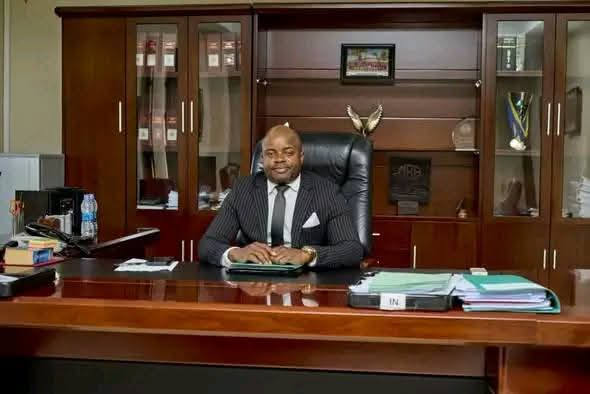By Suleman Chitera
A governance expert from the University of Malawi has clarified that the appointment of Felix Tambulasi as Commissioner General of the Malawi Revenue Authority (MRA) by President Professor Arthur Peter Mutharika is lawful and in line with corporate governance principles.

This comes in response to claims circulating on social media alleging that the appointment is irregular because the MRA Board has not yet been constituted. However, according to the expert, such claims lack legal grounding.
Shareholder Powers in the Absence of a Board
Speaking in an interview, the expert explained that in situations where a board has not yet been appointed, the shareholder—in this case, the Malawi Government—retains the authority to make key decisions, including top-level appointments.
“In terms of corporate governance, a shareholder can make a decision in the absence of the board. This is exactly what has happened here,” said the expert.
While Section 17 of the Malawi Revenue Authority Act provides that the MRA Board is responsible for appointing the Commissioner General, governance specialists point out that the absence of a board does not invalidate the appointment where state authority steps in to ensure institutional continuity.
Strategic Move in Strengthening Revenue Mobilisation
Tambulasi’s appointment comes at a crucial time as the Democratic Progressive Party (DPP)-led administration intensifies efforts to improve domestic resource mobilisation and rebuild economic stability.
Malawi Freedom Network Urges President-Elect Mutharika to Pardon Petty Offenders and Investigate MCP Corruption
MRA plays a central role in generating government revenue through tax collection and ensuring compliance with tax laws, making leadership at the institution critical to national development.
Tambulasi’s Strong MRA Background
Tambulasi is not new to the institution. He previously served as Director of Legal Services and Company Secretary at MRA from 2011 to 2021. His return is widely viewed as leveraging institutional memory and expertise to drive reforms and operational efficiency.
He holds a Master’s Degree in Commercial Law from the United Kingdom and also lectures Corporate Tax Law at the University of Malawi, bringing academic insight to practical tax administration.
A Step Toward Stability and Institutional Continuity
Observers note that the appointment ensures leadership stability at the country’s primary revenue collection authority as government pushes to enhance efficiency, expand the tax base and meet economic targets.
As debate continues, governance experts maintain that the appointment stands on firm legal ground and reflects both continuity and strategic positioning in strengthening national revenue management.




